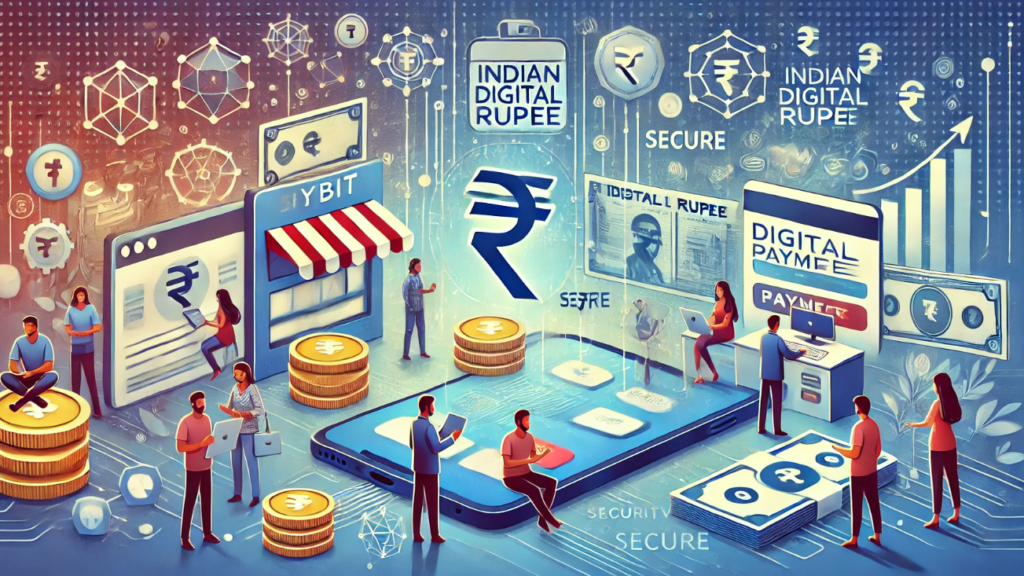Bybit has announced the integration of digital rupee payments on its platform. This move aims to enhance security for users transacting in rupees and expand the exchange’s payment options. The introduction of the Indian central bank digital currency (CBDC) on Bybit provides users with a secure, wallet-based payment solution.
Enhanced Security with the Digital Rupee
The digital rupee, or e-rupee, joins Bybit’s existing payment methods, including bank transfers, third-party services like Paytm, and India’s Unified Payments Interface (UPI). Bybit assures users that the e-rupee will mitigate the risk of bank accounts being targeted by cybercriminals. Joan Han, Bybit’s sales and marketing director, highlighted the benefits:
“By incorporating the eRupee payment, Bybit aims to elevate the payment experience for INR [Indian rupee] users, fostering trust and reliability in every transaction. Furthermore, this initiative is expected to attract a wider pool of merchants to the platform.”
Expanding Payment Options
The e-rupee is currently used on Bybit for peer-to-peer crypto transactions. Launched as a pilot project, the retail e-rupee debuted in December 2022, following the earlier release of its wholesale counterpart. The presence of the digital rupee on a crypto exchange is significant, reflecting growing interest and experimentation with CBDCs in the financial sector.
In March 2023, the Reserve Bank of India (RBI) and the United Arab Emirates Central Bank signed a memorandum of understanding to establish a CBDC bridge between the two jurisdictions. This collaboration aims to explore cross-border transactions using digital currencies.
Current Usage and Future Potential
Despite the promising introduction, the e-rupee has yet to achieve widespread adoption. Efforts are underway to add offline capabilities, which could boost its usage in areas with limited internet access. Programmability was introduced to the digital rupee this year, with its first use case being the reimbursement of carbon credits to farmers by IndusInd Bank in April. However, the wholesale use of the e-rupee has faced criticism for being cumbersome.
Bybit’s initiative to incorporate the digital rupee is expected to enhance security and attract more merchants, potentially paving the way for broader adoption and use of CBDCs in India and beyond.
Bybit’s introduction of the Indian digital rupee as a payment option marks a significant step towards enhancing transaction security and expanding the use of CBDCs in the cryptocurrency exchange landscape. This development not only aims to attract more merchants but also reflects a growing trend towards integrating digital currencies into mainstream financial systems.












